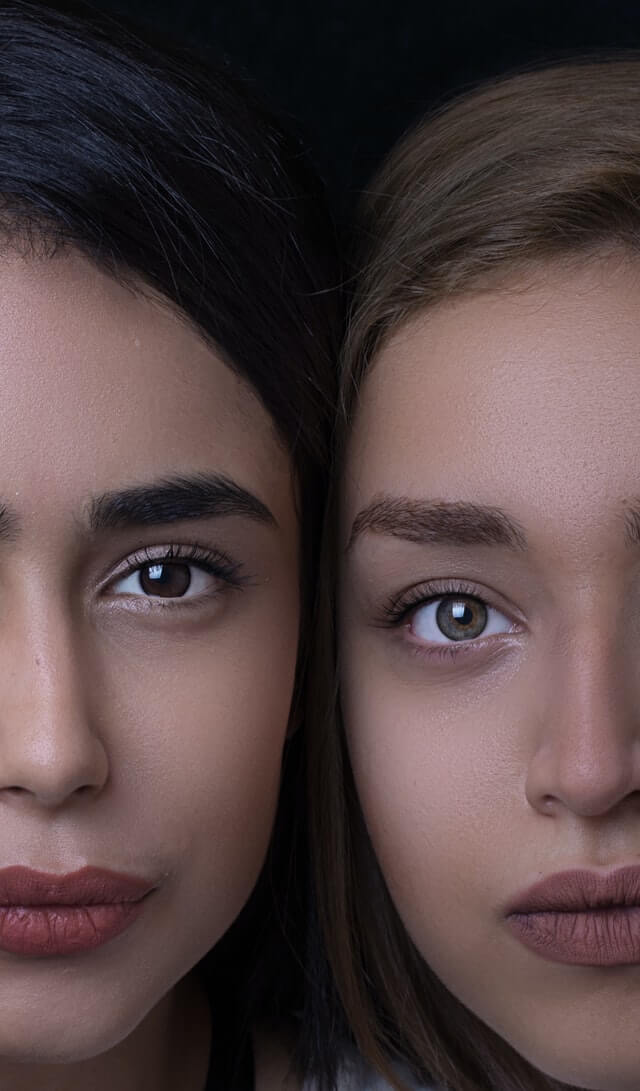
Vision is the power to sense the world around you – to visualize it and behold all its beauty and wonder. However, this ability varies from person to person, depending on your family history and the steps you take to maintain your eye health.
Achieving and maintaining exceptional vision requires multiple practices. Board-certified ophthalmologist Dr. Brian Will created this checklist so you can enjoy optimal vision now and for many years to come.
Know Family History
Knowledge is power. Understanding your genetic predisposition for eye health issues is critical, since many of these problems are hereditary. Understanding what your family dealt with will help you with your approach to eye care.
Wear Sunglasses
You already know the sun can wreak havoc with your skin, but it’s just as dangerous to your eyes. Dr. Will recommends you wear sunglasses against harmful UV rays that can damage your eyes and impair your vision. Polarized sunglasses are best, with a rating of at least 95% against UVA and UVB rays.
Nutrition
A poor diet, especially during the cooler months, can adversely affect eye health. To counter this risk, eat plenty of leafy vegetables, foods rich in omega-3 fatty acids, and fresh fruits. Avoid sugary drinks, opting for water instead.
These practices will help reduce the risk of dry eye, glaucoma, and more issues.
Quit Smoking
Tobacco is harmful to every part of the human body, especially the eyes. Cigarette smoke contains hundreds of toxic chemicals that can lead to cataracts and macular degeneration.
Rest Your Eyes
When working with computers, take a five-minute break every 30 minutes or so. Staring at a digital screen for too long can cause eye strain and tension, leading to vision problems down the road. If you wear prescription glasses or readers, invest in blue light protection to shield your eyes from the harmful electronic screen light.
Get Regular Eye Checkups With a Board-Certified Ophthalmologist
Dr. Will personally meets with every one of his patients. He thoroughly examines their eyes to understand their needs and concerns. He believes your eyesight, personality, and emotional needs are highly unique. This distinctiveness demands individualized care and attention and care, not delegated to others with less experience and training.
Quality eye health is not the result of pushing a button or interpreting an eye test. Instead, it occurs when a skilled physician applies specific treatments for every person based on a thorough understanding of their individual needs.
To get the eye care you need, now and in the future, contact our office to schedule a consultation today.